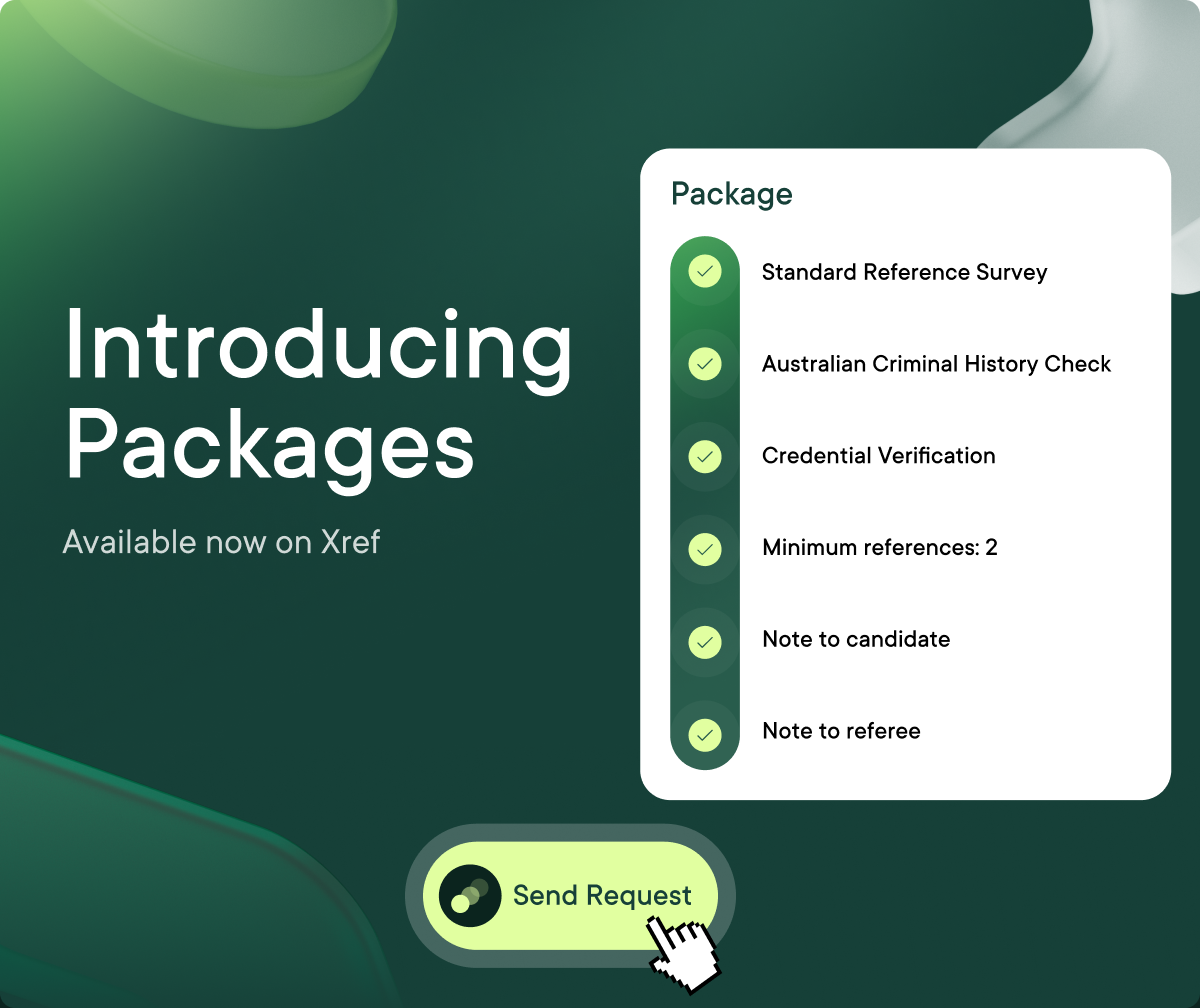At the recent 2023 AHEIA's Annual Universities HR Benchmarking Conference, our very own Dr Peter Langford, General Manager, Xref Engage and Ricardo Munduruca, Director of Analytics, Xref gave a plenary presentation on the rapidly developing role AI can play for HR.
Instead of us writing a summary article, we thought it would be a powerful demonstration of AI’s capability if we recorded and transcribed our presentation and asked ChatGPT 4.0 to use the transcription to write a 500-word summary article. Here is the impressive output, completely unaltered by us.
For human resource managers venturing into the world of artificial intelligence (AI), the rise of large language models (LLMs) such as ChatGPT offers unprecedented opportunities, but also presents unique challenges. Here's an overview for HR professionals to navigate the AI terrain.
The major advantages of LLM AI for HR:
- Efficiency and scale: LLM AI, like ChatGPT, has transformed the way we process text-based data. From resume screening to interview analysis, LLM AI can streamline operations, saving countless hours.
- In-depth analysis: Companies like Xref, which specialises in online reference checking and workplace surveys, are leveraging AI to dive deep into text feedback, providing rich insights and actionable recommendations.
- Improved decision-making: HR professionals can use LLM AI for coaching, action planning, or even devising a strategic approach based on employee feedback.
The challenges of analysing qualitative data:
For over two centuries, quantifying data has been a strong point of statistical sciences. Yet, qualitative or text data has been elusive. Traditional methods, such as word clouds, sentiment analysis, or human-trained machine learning, often fell short. With LLM AI, we're moving towards better, faster, and more insightful analysis but challenges still remain in ensuring the quality of insights derived.
The limitations of LLM AI:
- Input and output limitations: There's a cap to how much data you can feed into LLMs and the extent of output they can generate.
- Inconsistency: Just like humans, LLM AI can sometimes yield varying answers for the same query.
- Hallucination: AI sometimes 'hallucinates', or provides confidently wrong answers, leading to potential misinformation.
- Privacy concerns: The use of AI to process texts from emails, chat groups, or meetings poses significant privacy and data protection challenges.
Tips for managing the limitations of LLM AI:
- Privacy first: Ensure all data used with LLM AI meets privacy standards and that respondents or contributors have given informed consent.
- Be data-conscious: Before feeding organisation-specific data into LLM AI, consider the potential implications for future training and outputs.
- Cross-check: Given the potential inconsistency of AI outputs, always validate critical insights using multiple queries or human intervention.
- Stay updated: The AI landscape is evolving. Staying abreast of advancements can help HR professionals leverage the best tools and practices.
In summary, while LLM AI promises a paradigm shift in HR operations, it's crucial to understand and navigate its limitations. Used wisely, AI can be a game-changer in driving HR excellence.



